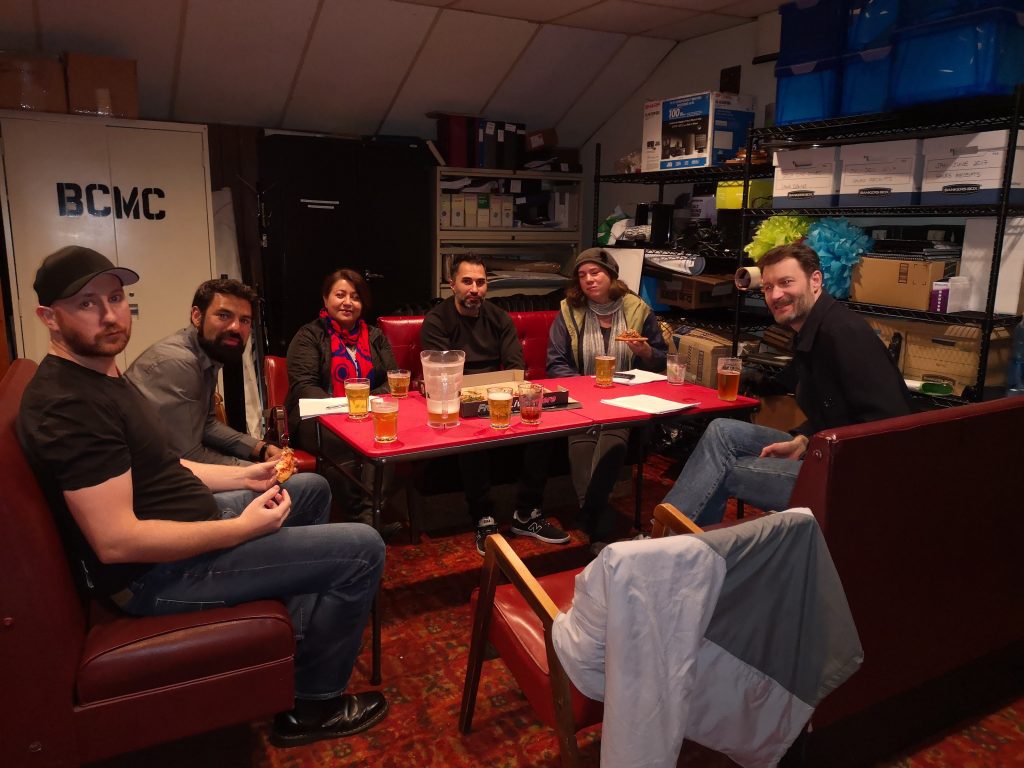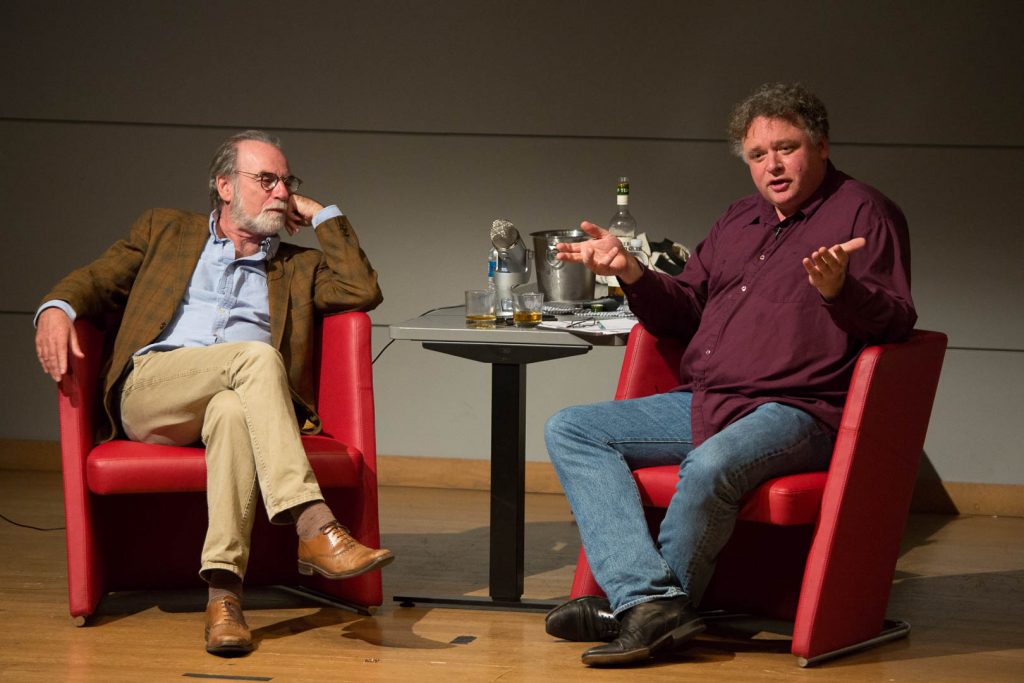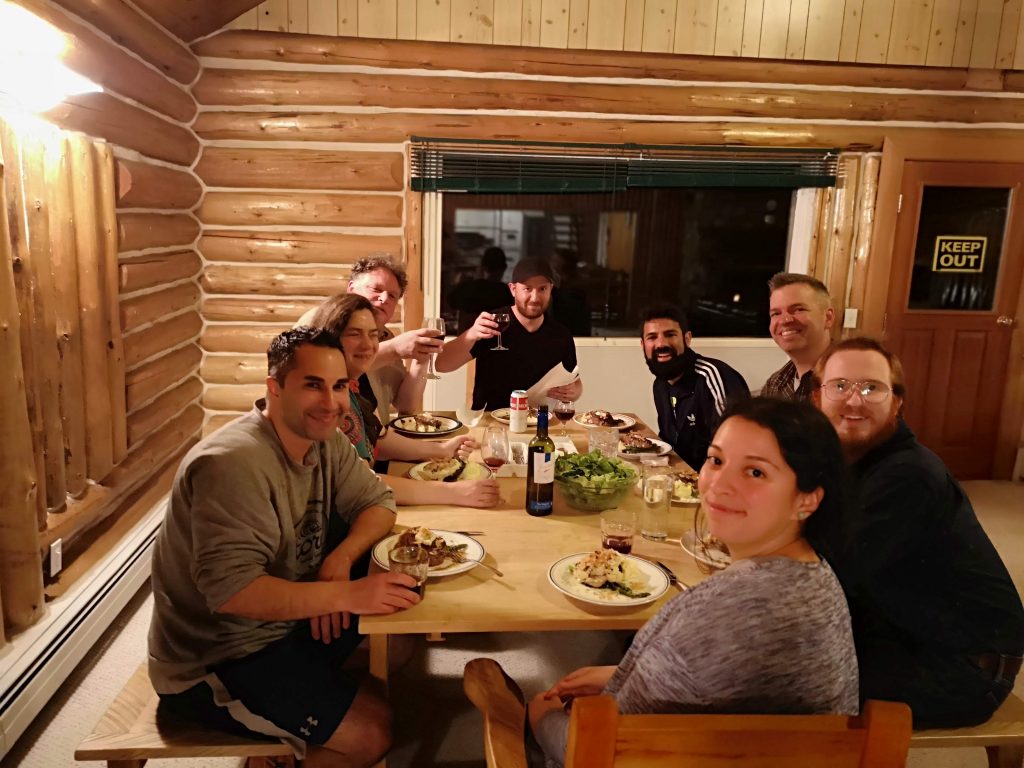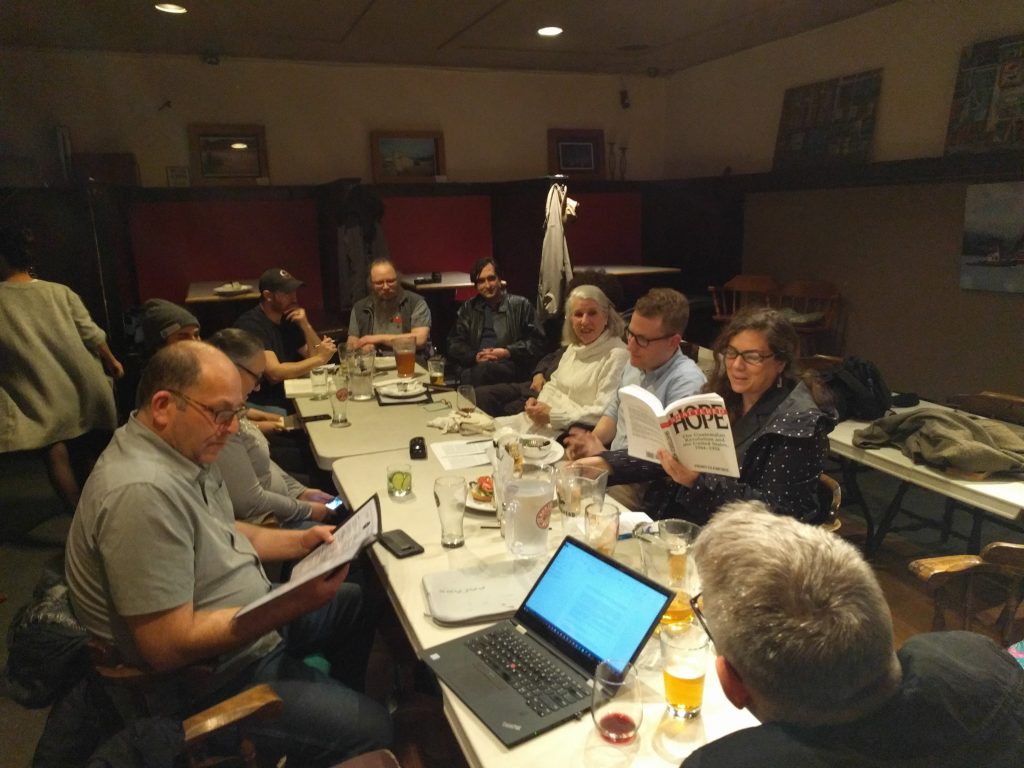Los Altos Institute shares much in common with leftist organizations, even some progressive ones. Below are eleven areas of thought about which our institute has developed distinctive positions. If you are wondering how well you would fit in with our group, here is a set of short summaries of those positions:
-
- Socialist: We are a socialist institute; we are not progressive. We reject the founding principles of progressivism of cross-partisan consensus, technocracy, Social Darwinism and a belief in historical teleology. And we reject modern manifestations of progressivism in its embrace of reformism, false conflation of socialism and liberalism and its ongoing commodification and professionalization of citizen organizing and citizen representation.
- Struggle-oriented: We are non solution-oriented; we are struggle-oriented. We believe that there has always existed a Manichean struggle between oppressors and the oppressed and that the struggle in which we find ourselves stretches back to the beginnings of society and will reach no conclusive end as long as humanity exists. We fight to make the time in which we live the most equitable and compassionate that it can be.
- Eco-centric: We believe that the greatest threat humans face is the omnicide, the collapse of planetary life support systems due to human activity and human-caused events. And we believe that capitalism is incapable confronting the omnicide and, also, intrinsically unjust.
- Democratic: We are democratic and, therefore, anti-technocratic. We believe in the Common Sense tradition of Thomas Paine and hold that a population that possesses basic education and a public square can metabolize, debate and pronounce upon expert knowledge when presented persuasively and accurately.
- Non-identitarian: We comprehend identity as Intersubjective and, therefore, not subjective. We reject the idea that there exists a pre-existent self without society. We also reject the idea that individuals are capable of unilaterally constructing their identity within society.
- Internationalist: We are internationalist in the tradition of George Orwell. We share the understanding that violence is systemic and inherent in both international systems and nation states and that violence is imposed upon equity- and freedom-seeking peoples and individuals from above. We also reject the idea the state is the appropriate unit with which to align internationally; internationalists must not ask what governments or states one support but rather what parties and social movements share our principles and priorities.
- Marxian but not Marxist: Theoretically-informed empiricists in the tradition of Edward P Thompson and Andre Gunder Frank. This means that while we borrow from key Marxist writers, we reject a Marxist teleology of history and especially a Marxist eschaton. It also means that while we borrow from Dipesh Chakrabarty, Pui Lan Kwok and other postcolonial theorists, we are materialists who believe in the existence of a discoverable, physical world that underpins social phenomena and, consequently, reject standpoint epistemology and other attempted halfway houses between reason and un-reason.
- We believe that gender, race and class are inherently oppressive categories from which human beings must seek to emancipate ourselves. And we understand that gender, race and class arise from unequal systems of labour and property when they interact with bodily difference and culture.
- We understand empire to be an immanent property of demographically and geographically large systems. Our understanding is based on the work of Kevin Philips, Pekka Hämäläinen and others who understand empires as material energy-transfer structures rather than as intentional and moral agents. We believe that empires must be recognized, comprehended and democratized with the goal of creating equity-based energy systems, in the tradition of some Marxist analyses of the Inca Empire.
- We understand that place and space matter in the making and experience of human societies but reject the modern concept of neighbourhoods and neighbours as enshrined in municipal law and modern theories “stakeholder” groups. We reject neighbours as a historically contingent phenomenon arising from dispossession and alienation both from ancestral land connections and from the meaningful execution of mobility rights.
- We concur with George Manuel that there is a Fourth World comprising places and peoples still undergoing the process of colonization. British Columbia and the First Nations of BC are part of the Fourth World and we stand in solidarity with all Fourth Worlders from the Kalahari to Araucania to Skidegate in their efforts to free their people from colonialism.
- Egalitarian: We believe in the equal rights and dignity of all persons and abhor discrimination in its various forms such as ageism, sexism, transphobia, homophobia, racism, ableism, etc. And we recognize the rights of any group facing such discrimination to organize among themselves on the basis of the discrimination they are suffering. We also recognize that bigotry and discrimination are distinct from but originate in the capitalist economic order and the oppression in perpetrates specifically through class, gender and caste.



